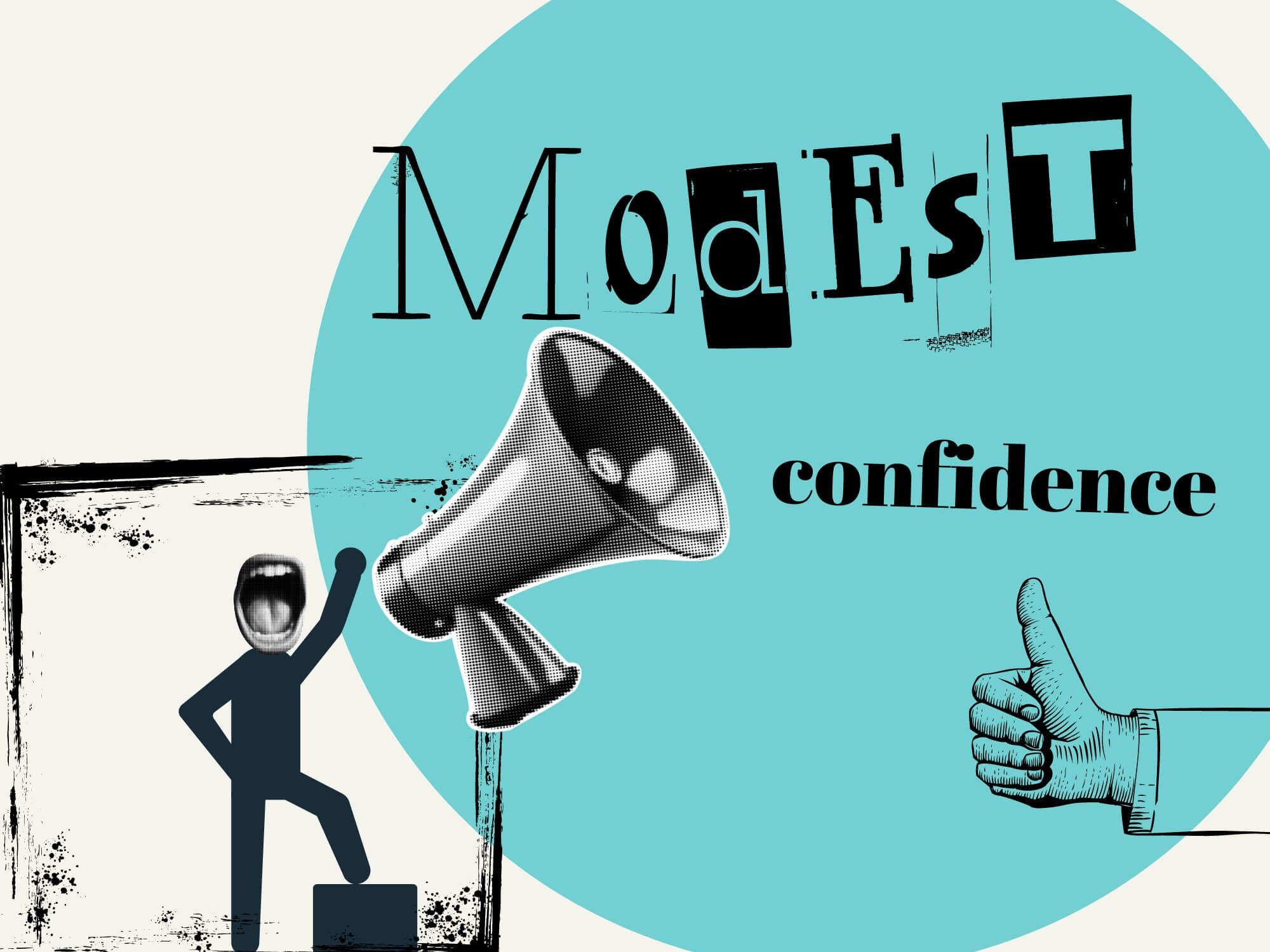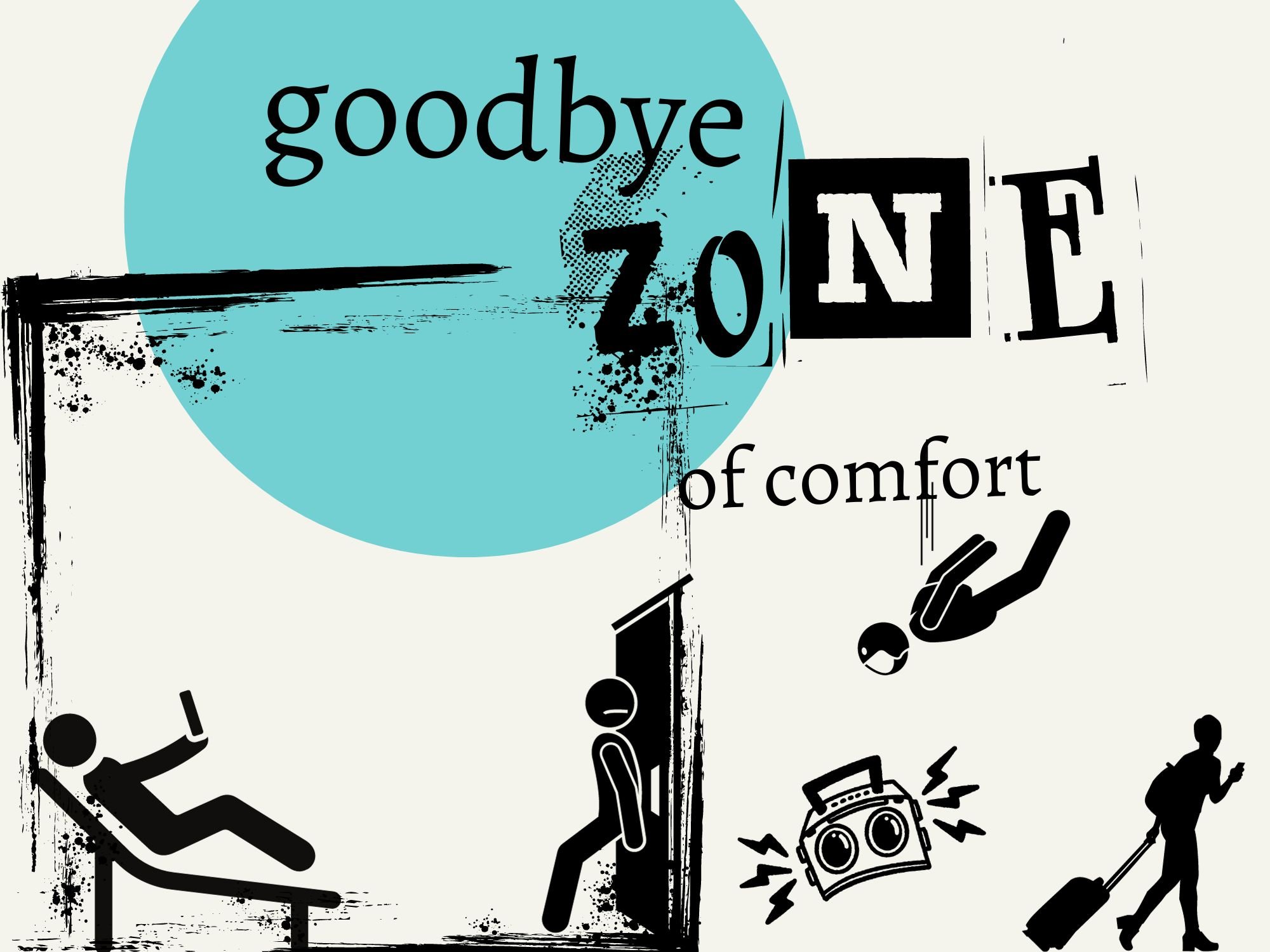Have Too Many Hobbies? (you may be a multipotentialite)
If you feel like you have too many hobbies, know you’re not alone. Life has a ton of awesome things to explore and this may just mean that you’re a kick-ass multipotentialite.
So if you’re struggling with hobby overload, then let this post be your guide.
These are my experiences. This is the other (more positive) side of the multi-interest story.
Let’s get it.
Table of Contents Show
Hey there, just a heads up that some of the links in this post may be affiliate links. That means I earn a small commission. This is at no extra cost to you, but helps me keep the lights on. Thank you for your support!
How Many Hobbies Should I Have?
I support a multi-hobby juggling act. But is there a limit? How many is too many?
It’s different for everyone, but personally I hover around 4-6 core passions (music, art, blogging, fashion and travel).
But “too many” is hella subjective. It’s nuanced and depends on your individual goals, circumstances and preferences.
Some Signs You’re Juggling Too Many Hobbies
Too much is too much. So it’s okay to take a break or move things around. This is especially true if you’re not yet sure what ‘your thing’ is.
Here are a few signs I notice when I try to juggle too many hobbies:
There’s something worth mentioning here: hobbies are priorities.
And if you’re like me, your pastimes are often attached to some creative or professional goals.
So never feel bad about prioritizing them.
After all, you’re probably just a multipotentialite.
Explore more:
➤ Do More of What Makes You Happy
What Is A Multipotentialite?
Having too many hobbies may just mean you’re a multipotentialite.
A multipotentialite is someone who has many creative pursuits and passions in life — someone who has multiple potentials.
It’s the multi-hobbyist, the curious creative — the creative entrepreneur.
It’s you.
Explore more:
➤ The Multi-Passionate Handbook
Multipotentialite Traits
Curiosity
Flexible and adaptable
You’re a fast learner
You’re a creative at heart
Passionate about your thing(s)
Open-minded
You’re resilient
Multipotentialite Benefits
Connect more dots
More skill diversity
More adaptable and resilient
More career options
More self awareness
Less boredom or motivation droughts
Think outside-the-box more
You probably inspire others
Learn new things quickly
Use your brain in various ways
How to Manage Multiple Hobbies (5 tips)
1. Prioritize
Successfully managing multiple hobbies requires some focus. So let’s prioritize those pastimes.
I like to organize mine into three buckets:
My Non-negotiables
These are top priorities and stuff I do almost daily
Example: My music, art and blog stuff
My Up-and-comers
These are next priorities (after reaching some first-priority checkpoints)
Example: My filmmaking and video editing skills
My Sandboxers
These have no long-term goals (yet!) and are for my free time
Example: Sharpening my prompt engineering skills
Categorizing things helps me know where to put my focus.
My non-negotiables and up-and-comers have more specific career or professional goals attached to them.
So I know where to put which hobbies.
This first step requires some self reflection (and even some testing), but try to consider your main macro goals, core values and hobby purpose.
This can help prioritize things.
2. Organize
I made this using Milanote (a free project and life organization software).
Organization is essential for managing multiple things.
For me, I use timeboxing techniques to manage all my hobbies.
I schedule my pastimes based on my lifestyle and how I know I feel at different times during the day.
For example, I’m always more creative in the mornings and in the evenings. So I time block my creative hobbies during these times:
A couple hours in the morning for blogging, website design stuff and brainstorming
A few hours in the evening for music stuff
I leave my afternoons for less-creative stuff (you know, work work)
Timeboxing, or time blocking, is a great way to organize things into your schedule and lifestyle.
It’s simple — but effective.
3. Strategize
Strategizing your hobbies is a pro move.
It also increases motivation, your sense of achievement and leads to greater focus and skill improvement.
My favorite way to strategize hobbies is to create goals for each of them.
This gives me something more tangible to work towards.
So here are some tips for creating goals (or checkpoints) for your hobbies:
Make them realistic
Create urgency with deadlines and timelines
Break down goals into smaller components
Find points of inspiration and purpose for each goal
Focus on skill building and challenging yourself for growth
Track your progress
4. Monitor
Keeping track and monitoring your hobbies is a smart move.
Plus it’s fun (but maybe that’s just the personal organization nerd in me).
So I like to create a central hub to organize and keep track of all my stuff.
This helps me stay focused and keep perspective (for remembering where I’m going and how far I’ve come).
It’s like building a digital home for all of your hobbies — each one with its own room.
There are a lot of awesome platforms out there for this, but I use a mix of these four:
Notion (free)
Create or use pre-built templates to manage projects, habits and so much more
Milanote (free)
Like Notion, but more visual (and more minimalist)
Todoist (free)
Great for tracking habits, to-do lists and daily tasks
Google Docs or Sheets (free)
I draft all my blogs here but it’s also nice for brainstorming or jotting down ideas
5. Reflect
Life changes, circumstances evolve.
So I like to keep things open for change.
For example, producing music in the evening perfectly fits my current lifestyle and obligations.
But if…scratch that…when things change, I’m ready to pivot my schedule so my hobbies don’t get left behind.
Self reflection helps me audit my hobby lifestyle every once in a while to see if I need to make any of those changes.
Self reflection is a modern skill.
And it’s also a great wellness booster (just like making time for all your hobbies).
Want to turn your hobby into a personal brand? Check out my other site quin creativ to learn more about blogging and creative entrepreneurship!
Want More? Nice. Here’s More.








